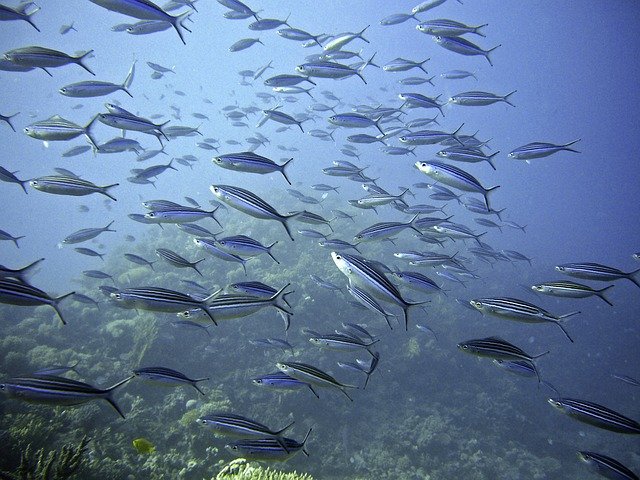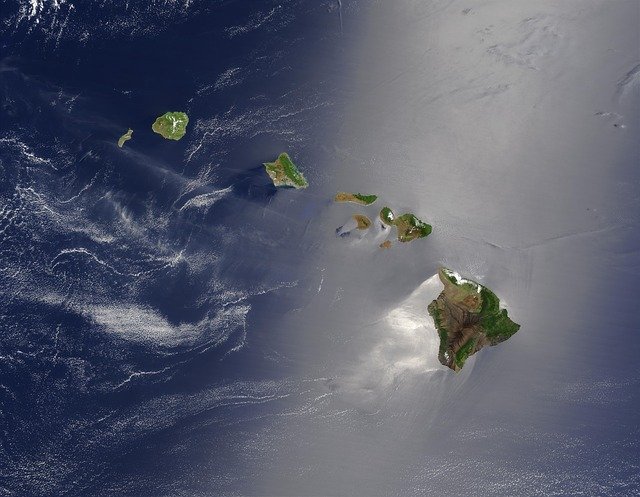
"School" is a collective noun that refers to a group of fish.
Nouns are terms that, in a sentence, can act as a subject . These are, therefore, names that refer to a being or an object. Collective , for its part, is an adjective that qualifies what is part of or is linked to a group of individuals .
Collective nouns have a particularity: they are those that, in their singular form, refer to a set of specimens . This differentiates them from individual nouns , which only refer to a being or object.
How collective nouns work
Let's see how collective nouns work. "Fish" is a common and individual noun , which refers to a certain animal. The group of "fish" is known as a "school" : a collective noun. In this way, if someone reports that "there is a school off the coast" , they will be referring to the fact that a group of fish is found in a certain coastal location.
It should be noted that collective nouns can also be expressed in plural: "There are several schools off the coast." In this case, the expression reveals the presence of more than one group of fish.
A " pack " , on the other hand, is a group of "dogs" . In this way, it is possible to say "A group of dogs broke the fence and attacked the cows" or "A pack broke the fence and attacked the cows" , interchangeably.
It is important to keep in mind that collective nouns do not always refer to living beings . "Caserío" (a group of houses), "archipelago" (group of islands) and "dentadura" (set of teeth) are also collective nouns.

A group of islands can be referred to by the collective noun "archipelago."
Its daily use
The collective noun is a very important component of the Spanish language , although unfortunately this is not reflected in the frequency with which we use it when speaking; The main reason is that it is not easy to memorize this type of word, since it does not usually bear any resemblance to the individual noun to which it refers ( shoal, pack and archipelago do not resemble fish, dog and island , for example).
But why don't collective nouns usually resemble their individual nouns? The answer is very simple: because of its etymology . Let's take the case of island and archipelago, two terms that serve to point out this difference very clearly. The first comes from the Latin word insula , which has also given us "insulin" and "insulate", and is defined as a piece of land separated from the continent by water.
Its collective noun, however, comes from the fusion of two Greek terms, those corresponding to "superior" and "sea." In its oldest references, dating back to the year 1268, found in Latin documents, we see it in reference to the Aegean Sea, since its translation at that time was "main sea"; Three centuries later, in our language, we can see its use to denote a " set of islands."
Collective nouns: summary and precision
Avoiding the collective noun affects the quality of our oral communication, generally characterized by an excess of words and a lack of concision : while with the help of a collective noun we can summarize several terms in one and accurately communicate a concept, if we resort To an improvised definition of it we can end up dirtying the message with unnecessary clarifications, in addition to reducing the impact it causes on the interlocutor.
But behind the scarcity with which we find the collective noun in everyday speech, it is possible that another factor is hidden, in addition to the lack of knowledge of each particular term : shame. Although it is difficult to accept, many people are afraid to use certain words or structures when communicating with their friends, for fear of being considered arrogant, of being thought to know more than them or to have a much higher intellectual level.
